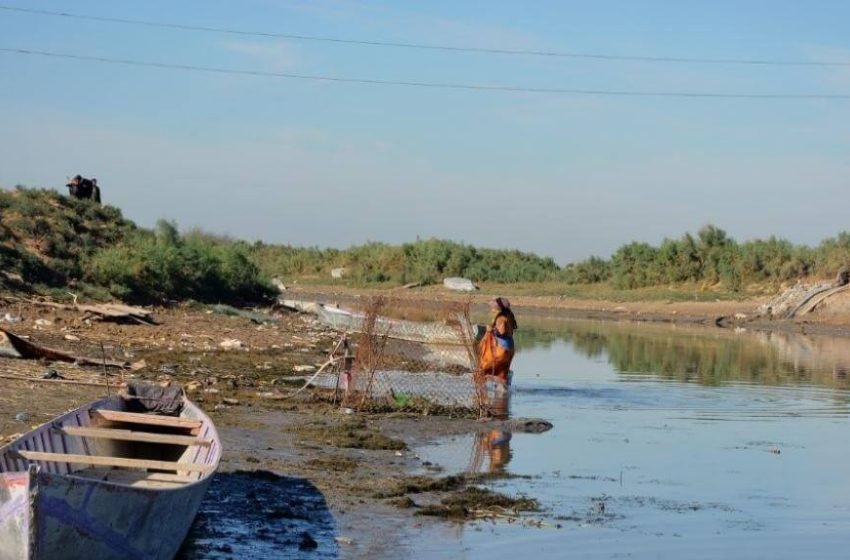Canada commits to protect Iraq’s marshlands

The dried marshlands in southern Iraq. Photo: UNDP
Baghdad (IraqiNews.com) – The United Nations Development Program (UNDP) in Iraq and Canada’s Department of Foreign Affairs, Trade and Development (DFATD) signed an agreement to protect Iraq’s southern marshlands earlier this month, with a contribution of approximately 3.7 million USD to increase biodiversity protection and people resilience to face climate change, according to a statement issued by the UNDP.
The project will be implemented under the leadership of the Center for Restoration of Iraqi Marshes & Wetlands (CRIMW) at the Ministry of Water Resources of Iraq, the statement revealed.
The marshlands, one of West Asia’s most important biodiversity hotspots, a UNESCO World Heritage site, and home to the country’s famed marsh Arab culture are now under threat from climate change and unsustainable human activities, the statement clarified.
The unique marshes’ ecosystems are influenced by severe droughts, rising temperature, reduced precipitation and higher evaporation rates, the statement added.
On top of climate change impacts, the resilience of the ecosystems and biodiversity of the marshes are being weaken by human impact on the rivers flow, chemical and wastewater pollutants, and habitat destruction, the statement explained.
A set of activities proposed under the project aim to build resilience of local communities to climate change impacts, particularly indigenous marsh women, tackle root causes of biodiversity degradation, and protect the wildlife population, in a way that brings co-benefits across poverty reduction, social cohesion, and climate mitigation, the statement elaborated.
The project will give a special focus on investing into the empowerment of marshland women, increasing their involvement in decision-making processes and encouraging to become change agents in the Marshlands, the statement elaborated.
The project will also increase local water security by rehabilitating water recycling systems, equipping them with solar energy units, and carrying out a comprehensive analysis of possible solutions for securing drinking water for the marshes population, which are sustainable and scalable in the long run, the statement illustrated.
With climate change acting as a stress factor, accelerating the depletion of marshlands resources, the project will undertake an important ecosystems assessment to provide a first ever scientific analysis of the state of ecosystems in the marshes, its economic, social and cultural composition, and offer scenarios of future human and ecological well-being, to adapt conservation policy and management strategies accordingly, according to the statement.
The project will establish locally managed hatcheries to re-populate the native fish stock, improve regulations on sustainable hunting and fishing, and enforce such regulations in gender and culturally sensitive manner, along with awareness campaigns to increase local people ownership over biodiversity conservation, the statement added.
